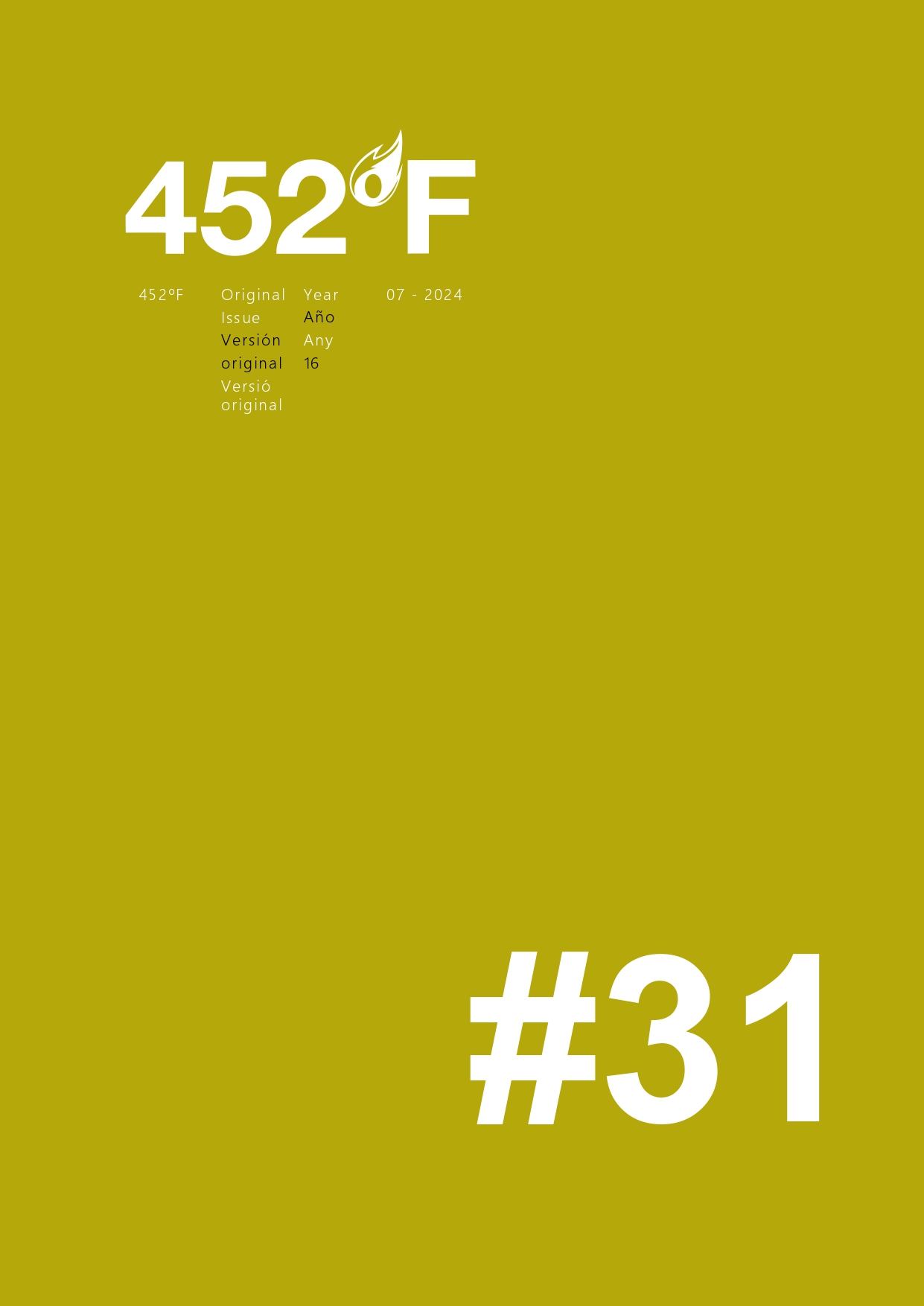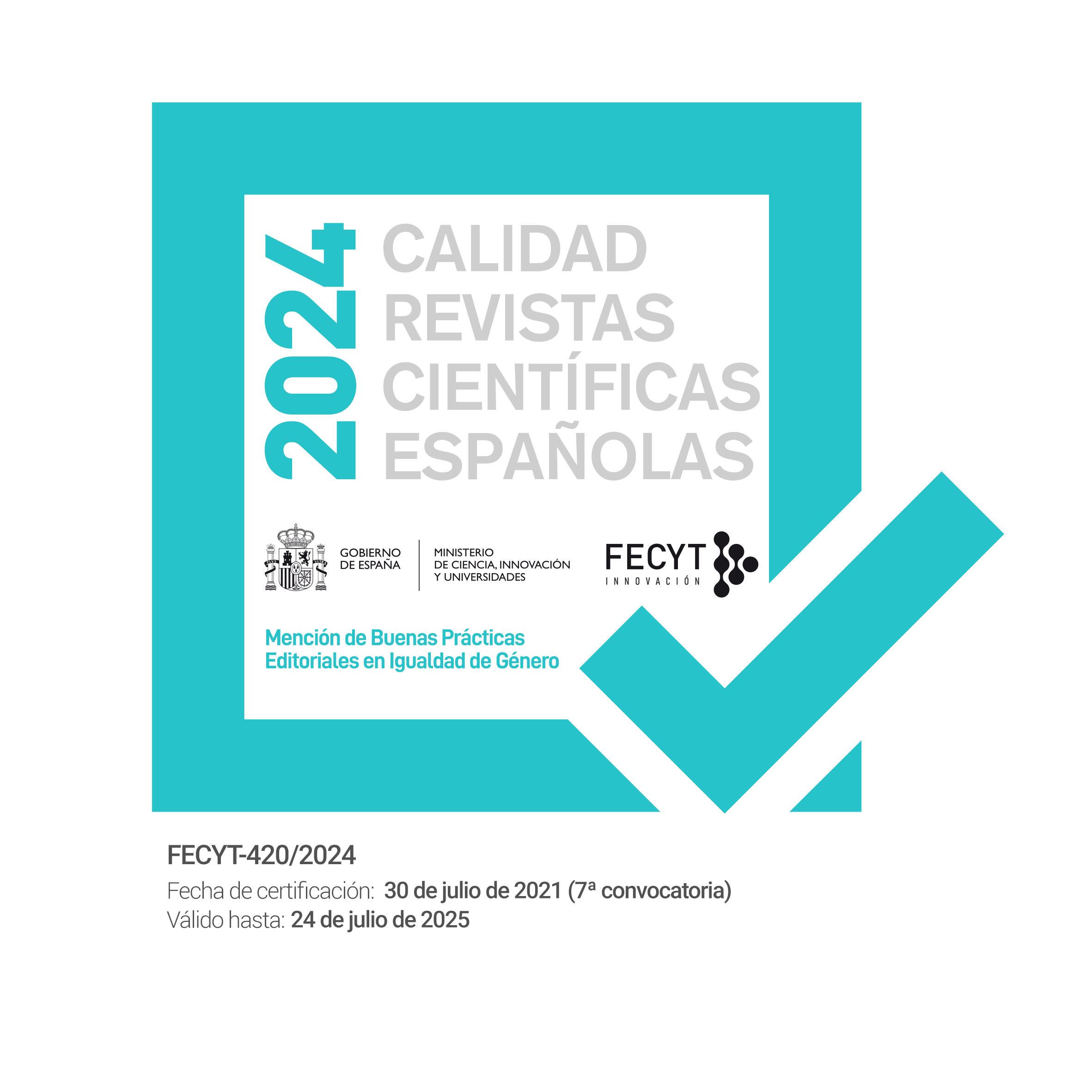The Uninterpretable in Moby-Dick (1851), by Herman Melville, and in Hijo de hombre (1960), by Augusto Roa Bastos
DOI:
https://doi.org/10.1344/452f.2024.31.13Keywords:
Herman Melvile, Moby-Dick, Augusto Roa Bastos, Hijo de hombre, The uninterpretable, Pluralist livingAbstract
The most renowned Paraguayan writer, Augusto Roa Bastos, agrees with the author of his favorite literary masterpiece—Moby-Dick—Herman Melville in pointing out that (over)exposure to the uninterpretable in nature results in the rejection of both one's own life and and of the excess of the self through the rejection of fatherhood. In both Moby-Dick and Hijo de hombre, the male characters, alienated by their exposure to the indifference of an uninterpretable nature, materialize their alienation in the exercise of canceling their father-son relationship. In both works, hope lies in turning our gaze away from a nature indifferent to human suffering, and pouring it instead over a legible human being who does offer interpretive keys open to a pluralistic existence.
Downloads
Published
How to Cite
Issue
Section
License
Copyright (c) 2024 Rodrigo Andrés

This work is licensed under a Creative Commons Attribution-NonCommercial-NoDerivatives 4.0 International License.
All contents published in the journal are protected under a Creative Commons BY-NC-ND license. This corresponds to legislation within Spain, and does not allow commercial use of the texts. It is not possible to modify the contents either.
General information.
Comparative Literature magazine 452ºF [ISSN 2013-3294] is a publishing project coordinated by Asociación Cultural 452ºF, and developed by its Editorial board.
Access to the Contents and Copyright.
All contents published in the journal are protected under a Creative Commons BY-NC-ND license. This corresponds to legislation within Spain, and does not allow commercial use of the texts. It is not possible to modify the contents either.
Every person has free access to the contents of the journal as long as they understand and assume that no profit is to be made on other people’s work.
In all cases, the original source name of the online journal and the article must be mentioned when used for any purposes.
Basic Conditions of all Call for Papers.
- 1. The author accepts that sending the paper:
- a. Does not guarantee the publication of it.
- b. Is done in accordance to the style-sheet of the magazine and the requirements of the specific call for papers.
- c. Implies the non-exclusive transferring of the first publication rights of the paper, as long as it is selected to be published in the journal, to theAsociación Cultural 452ºF, under a Creative Commons BY-NC-ND license.
- 2. The journal 452ºF, in due respect to moral rights of a copyright, guarantees that:
- a. All papers will be evaluated according to the procedure already mentioned.
- b. All authors will receive either a positive or negative answer to their sending a paper for publication.
- c. All papers will be published unabridged. The journal might make changes in the typographical disposition according to the needs.
- d. All papers will be published under a Creative Commons BY-NC-ND license.





